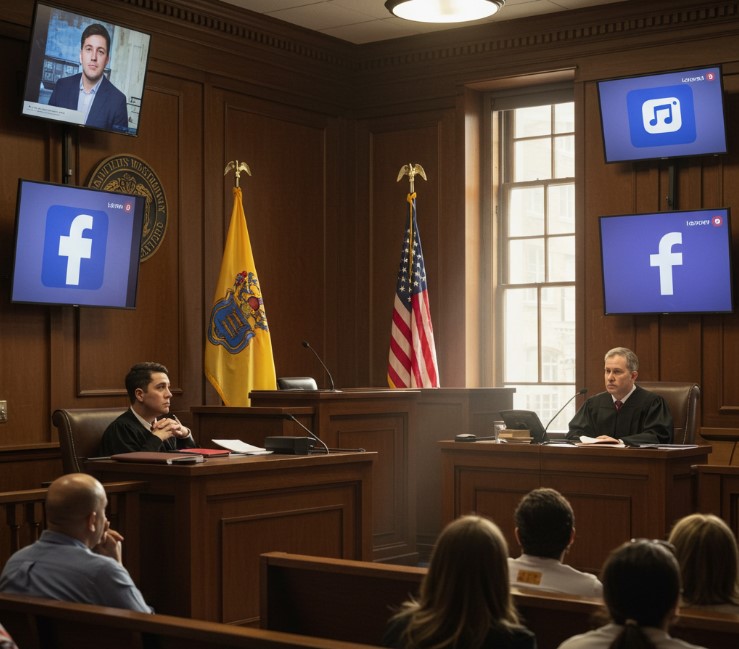EMPLOYER ALERT: FTC Proposes Rule Banning Non-Compete Agreements
An article by Alan Poliner, Esq.
On January 5, 2023, the Federal Trade Commission (FTC) voted to publish a proposed rule entitled “Rules Concerning Unfair Methods of Competition” to be placed under a new Part 910 entitled “Non-Compete Clauses.” The FTC extended the usual 60-day public comment period until April 19, 2023.
If adopted as-is, virtually all post-employment non-compete clauses in employment contracts will be banned and existing non-compete clauses will be rescinded. This would include former employees who already left employment before the rule takes effect. The proposed rule exempts non-compete agreements between a franchisor and franchisee, but not agreements with individual employees of a franchisor or franchisee. The proposed rule also exempts the seller of a business or an interest therein. The proposed rule is (rightfully) silent on non-compete clauses during the term of employment.
The scope of the proposed rule seems over-broad. There is no distinction between a factory worker and a key engineer; no distinction between a bookkeeper and a key accountant; nor a distinction between a clerk and an executive. The FTC proposes a functional test to determine if a contractual term is a non-compete clause, and gives two examples: a) an over-broad non-disclosure agreement can constitute a non-compete, and b) a requirement to reimburse training expenses after termination where the reimbursement is not reasonably related to the costs of training. The proposed rule provides little additional guidance and may encompass other types of legitimate restrictions, such as non-solicitation agreements.
Although unclear from the text of the proposed rule, the FTC explanatory text states that an employer exempt from coverage under the FTC Act would not be subject to the proposed rule. Such entities include certain non-profits, banks, savings and loan institutions, federal credit unions, common carriers, air carriers and foreign air carriers, and meatpackers.
Notably, FTC Commissioner Wilson dissented regarding the Notice of Proposed Rulemaking for the Non-Compete Clause. Her fourteen-page dissent lays out the flaws of the proposed rule and stated the proposed rule “represents a radical departure from hundreds of years of legal precedent that employs a fact-specific inquiry into whether a non-compete clause is unreasonable in duration and scope, given the business justification for the restriction.” See https://www.ftc.gov/system/files/ftc_gov/pdf/p201000noncompetewilsondissent.pdf.
The proposed rule will likely meet legal challenges in that the FTC is overstepping its rulemaking authority and venturing into the province of Congress. The FTC invokes Section 5 of the FTC Act to support the proposed rule. Section permits the FTC to regulate unfair competition. Under the major questions doctrine, administrative agencies may not make major decisions or decisions with vast economic and political significance without clear authorization of Congress. West Virginia v. EPA, 142 S. Ct. 2587 (2022).
What should employers do?
- Submit a comment to the FTC at https://www.regulations.gov/commenton/FTC-2023-0007-0001
- Use non-disclosure agreements judiciously: avoid over-inclusive definitions of confidential information, tailor the NDA to the job of an individual employee, and exempt information available to the public or known within an industry.
- Enforce non-disclosure agreements judiciously: review the scope of NDAs with departing employees, and avoid enforcing the NDA as if it were a non-compete.
The proposed rule and the FTC explanation thereof can be found at https://www.ftc.gov/system/files/ftc_gov/pdf/p201000noncompetenprm.pdf.













